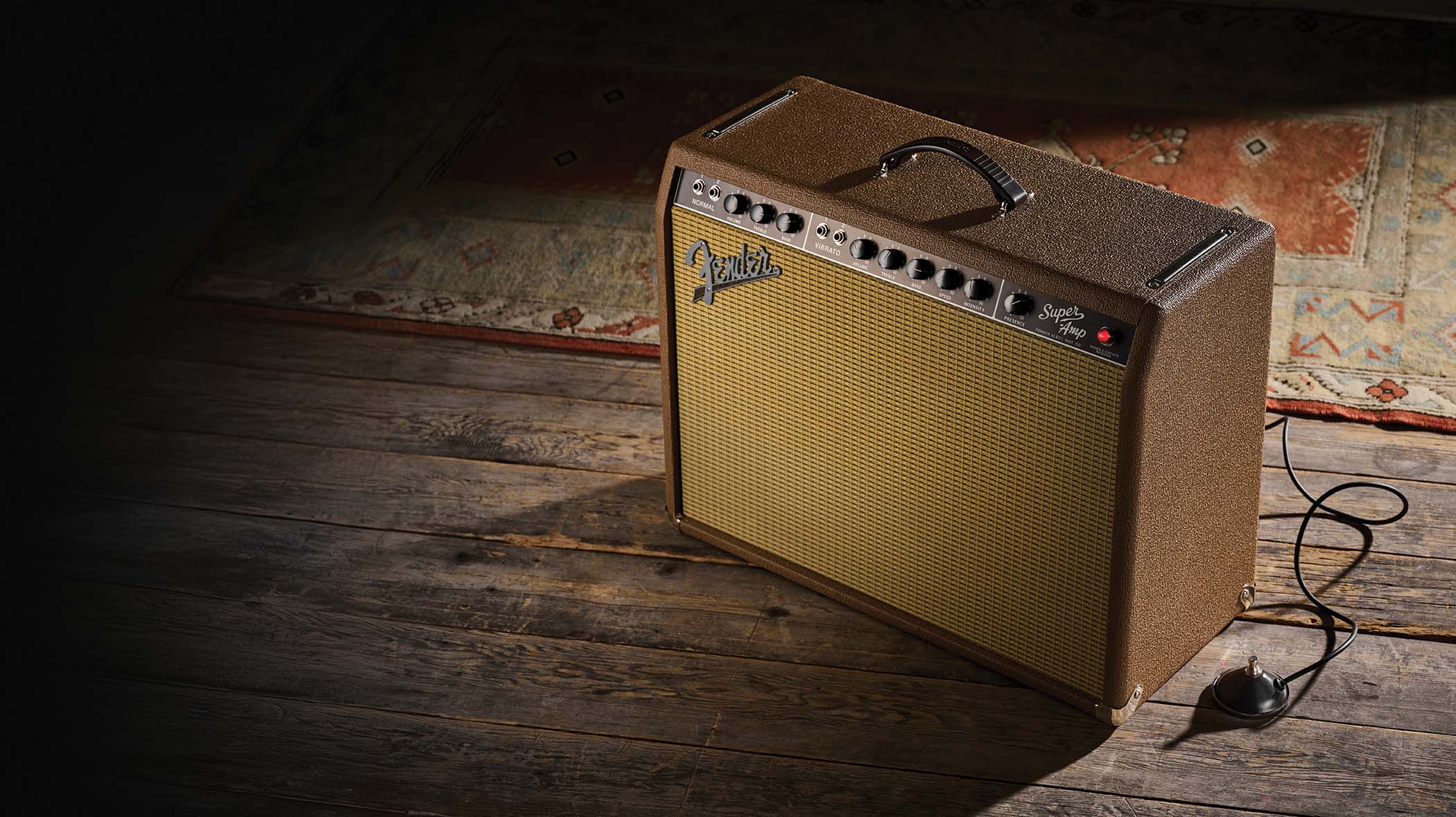Geoff Emerick, Sound Engineer for The Beatles, Dead at 72
The Grammy-winning engineer helped the Fab Four's unique creative vision become reality.

Geoff Emerick, the audio engineer who worked with The Beatles on several of their most seminal albums, died yesterday, October 2, at the age of 72, after suffering a heart attack.
Beginning with his work—as a 16-year-old assistant engineer—on their 1962 single, "Love Me Do," Emerick's relationship with the Fab Four continued for nearly the whole duration of their storied career, through "Hard Day's Night," Revolver, Sgt. Pepper's Lonely Hearts Club Band and up until their final sessions as a group, which produced Abbey Road.
Emerick's willingness to break EMI's longstanding studio rules regarding matters such as microphone placement, and his penchant for using unorthodox recording techniques, played a huge role in making The Beatles' increasingly complex creative vision into reality. It was Emerick who captured John Lennon's vocals through a rotating Leslie speaker on "Tomorrow Never Knows," and spliced together two different takes of "Strawberry Fields Forever."
Though Emerick walked out on the band during the tense White Album sessions in 1968, he was persuaded to return by Lennon and McCartney the following year, first for the "The Ballad of John and Yoko" single, then for the Abbey Road sessions.
Emerick was on hand to capture "The End," fittingly, the final track the four Beatles ever recorded together. The legendary engineer discussed the experience of recording the song's legendary sequenced guitar solos with Guitar World back in 2009.
“Paul went first, then George, then John, and they repeated the sequence in that way twice,” Emerick explained. “They knew they had to finish up with something big, and the solo was just the thing. Originally they couldn’t decide if John or George would play it. Eventually they said, ‘Well let’s have the three of us do it.’
“Hearing that performance was unbelievable. And it was all done live, in one take. They rehearsed it beforehand, and the execution of it was absolutely on the money. And when it came time to record it, Yoko, who was in the control room, started to follow John into the studio, and he said ‘No, love, not this time.’ He wanted it to be just him and his mates.
All the latest guitar news, interviews, lessons, reviews, deals and more, direct to your inbox!
“When they were finished, everyone beamed. I think in their minds they went back to their youth and all those great memories of working together as a band. Suddenly there was just this great vibe in the studio. It was just superb.”
Jackson is an Associate Editor at GuitarWorld.com. He’s been writing and editing stories about new gear, technique and guitar-driven music both old and new since 2014, and has also written extensively on the same topics for Guitar Player. Elsewhere, his album reviews and essays have appeared in Louder and Unrecorded. Though open to music of all kinds, his greatest love has always been indie, and everything that falls under its massive umbrella. To that end, you can find him on Twitter crowing about whatever great new guitar band you need to drop everything to hear right now.

